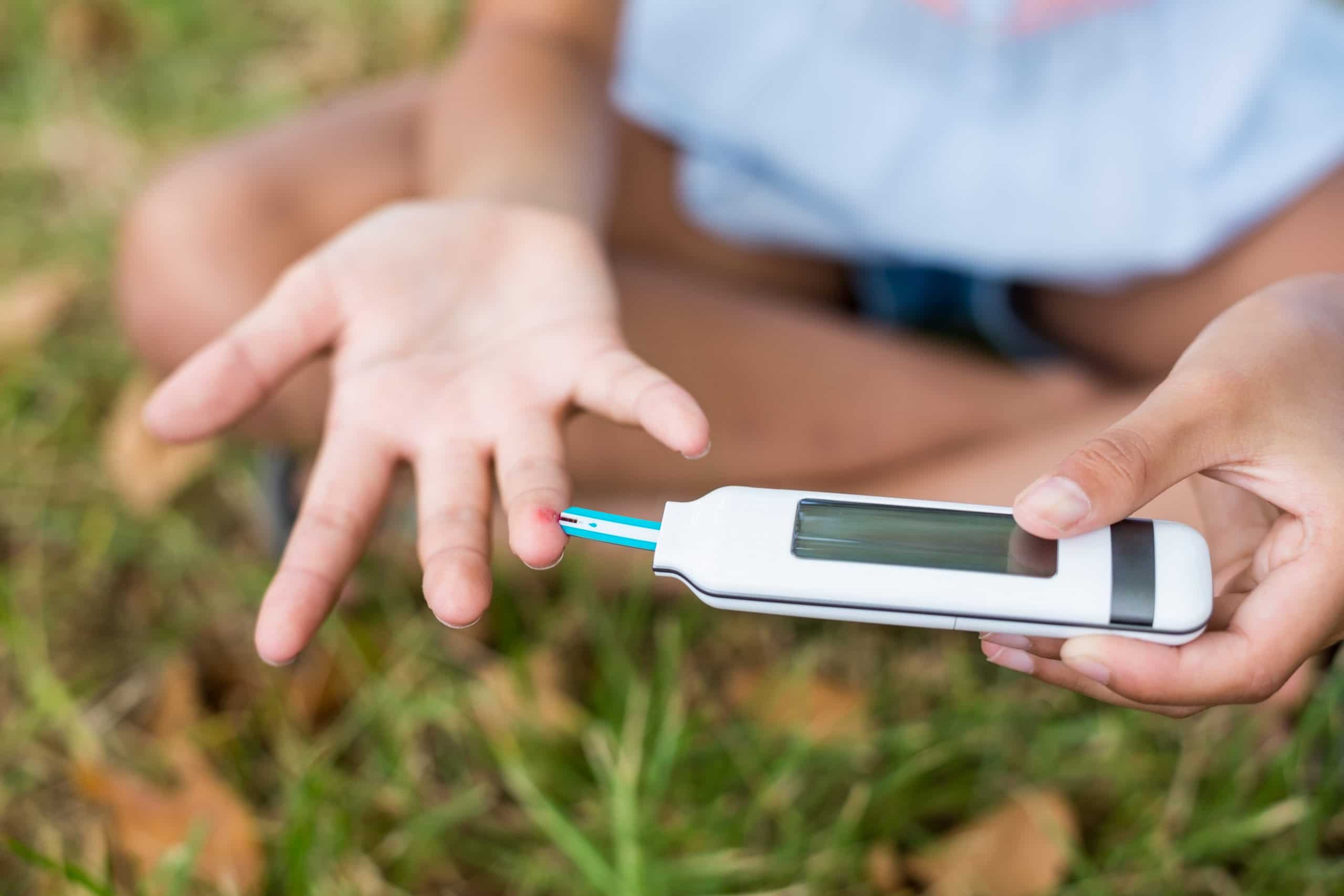Categories
Diabetes affects more than just your blood sugar. Your cardiovascular health, nervous system, and vision are all prey to this disease. The National Institute of Health (NIH) notes the rate of cases of diabetic retinopathy has increased from 4.06 million in 2000 to a staggering 7.69 million in 2010. The NIH expects that figure to climb to 14.6 million by 2050. With so many Americans suffering from this debilitating disease, patients often ask if they can even be considered candidates for LASIK. Magruder Laser Vision’s Orlando ophthalmologist, Doc Brock, understands the effects of diabetes on patients, especially ocular abnormalities. Because the cornea and retina are negatively affected in diabetic patients, it seems more likely these patients would take longer to heal and have a greater risk of infection after their initial procedure. Evidence proves otherwise, however, and patients with type two diabetes are candidates for LASIK when their diabetes is within controlled limits.
Although the following eye complications are associated with diabetes mellitus, most individuals who live with diabetes do not experience major eye disorders. Diabetes can accelerate cataract development. The three of the broad range of diabetic retinopathies – diseases of the retina – are explained below.
-
Nonproliferative retinopathy:
This occurs when tiny capillaries along the back of the eye stretch and form pouches, blocking blood from entering the portion of the eye responsible for sight.
-
Macular edema:
This occurs when swelling in the eye disrupts the passage of fluid between the blood vessels and the retina. Symptoms of blurred vision or otherwise disrupted sight are often reversible at this stage.
-
Proliferative retinopathy:
This disease is a more dangerous and more likely to produce severe vision loss. New, abnormally leaky blood vessels grow out of the retina and cause bleeding and retinal detachment. Scar tissue also impedes vision, and, if stopped at this stage, the scars on the retina may shrink and distort the retina until it detaches.
Nonproliferative retinopathy is common if you have either type one or type two diabetes. Proliferative retinopathy, however, is much less likely. Maintaining a normal blood sugar level greatly enhances your ability to combat retinopathy and recover if you develop it. Because these diseases have no outward signs or symptoms, it is easy to put off your next ophthalmologist appointment. Once you do notice changes, it is often too late to reverse those changes.
For that reason, it is imperative to visit your Orlando ophthalmologist regularly to have your eyes thoroughly examined for any signs of diabetic trauma. Contact Magruder Laser Vision today to schedule an appointment at 407-843-5665. Our blogs give information on the latest LASIK procedures and how it can improve your vision dramatically.
